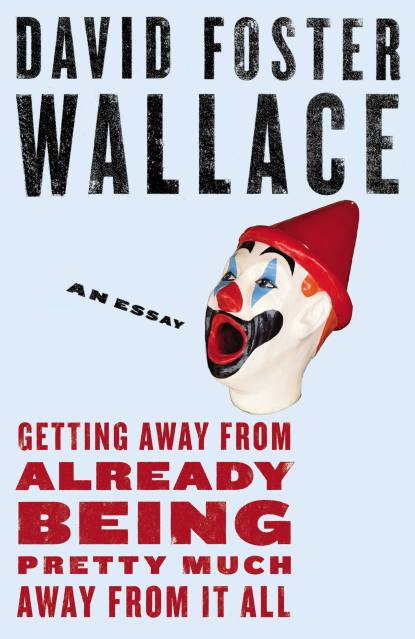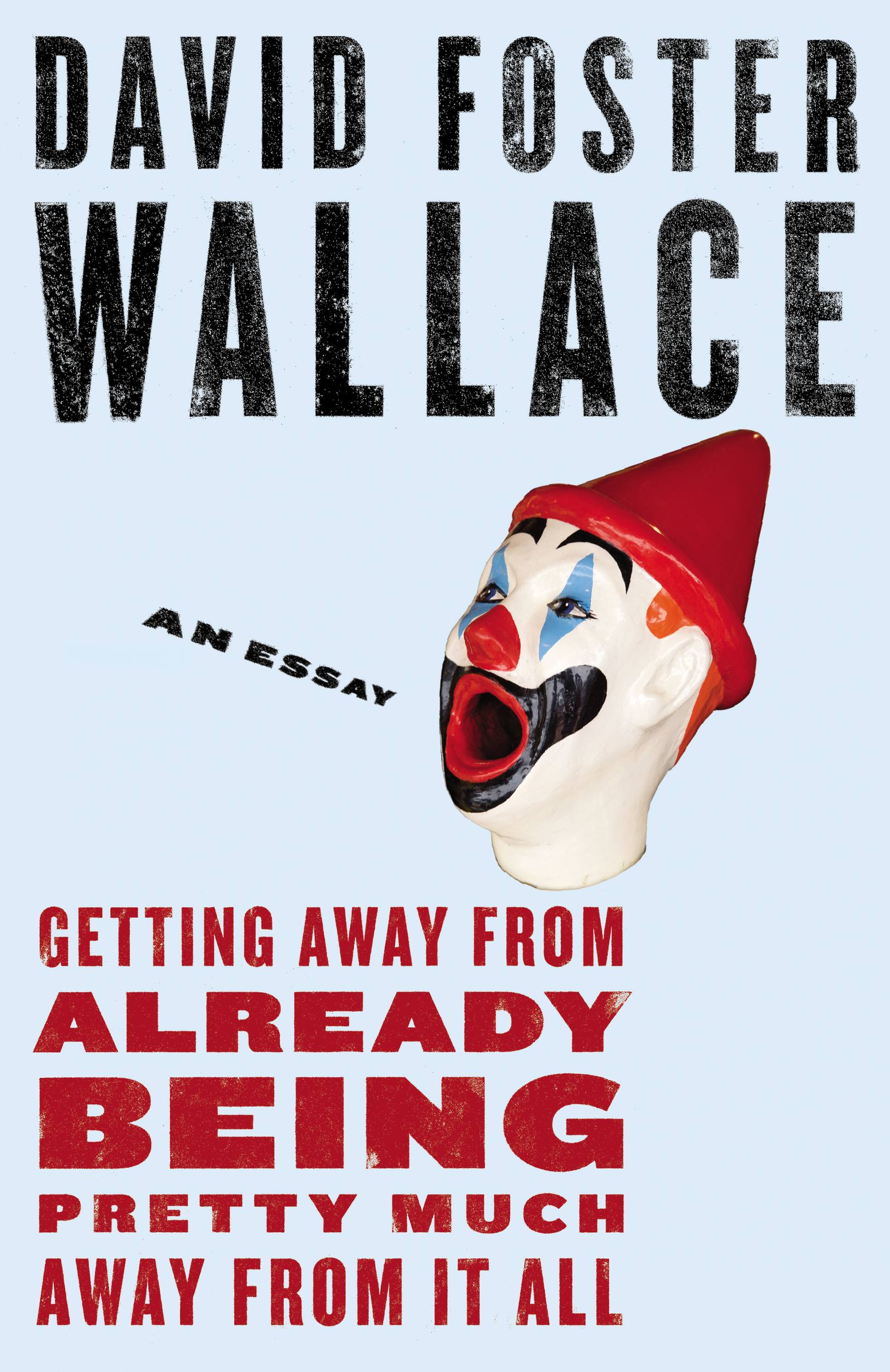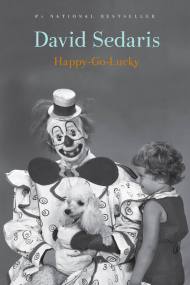By clicking “Accept,” you agree to the use of cookies and similar technologies on your device as set forth in our Cookie Policy and our Privacy Policy. Please note that certain cookies are essential for this website to function properly and do not require user consent to be deployed.
Getting Away from Already Being Pretty Much Away from It All
An Essay
Contributors
Formats and Prices
- On Sale
- Apr 1, 2012
- Page Count
- 368 pages
- Publisher
- Little, Brown and Company
- ISBN-13
- 9780316224772
Price
$1.99Price
$2.99 CADFormat
Format:
ebook (Digital original) $1.99 $2.99 CADThis item is a preorder. Your payment method will be charged immediately, and the product is expected to ship on or around April 1, 2012. This date is subject to change due to shipping delays beyond our control.
Buy from Other Retailers:
Beloved for his keen eye, sharp wit, and relentless self-mockery, David Foster Wallace has been celebrated by both critics and fans as the voice of a generation. In this hilarious essay, originally published in the collection A Supposedly Fun Thing I’ll Never Do Again, he chronicles seven days in the Caribbean aboard the m.v. Zenith. As he partakes in supposedly fun activities offered on the luxury tour, he offers riotous anecdotes and unparalleled insight into contemporary American culture.
Genre:
Newsletter Signup
By clicking ‘Sign Up,’ I acknowledge that I have read and agree to Hachette Book Group’s Privacy Policy and Terms of Use







